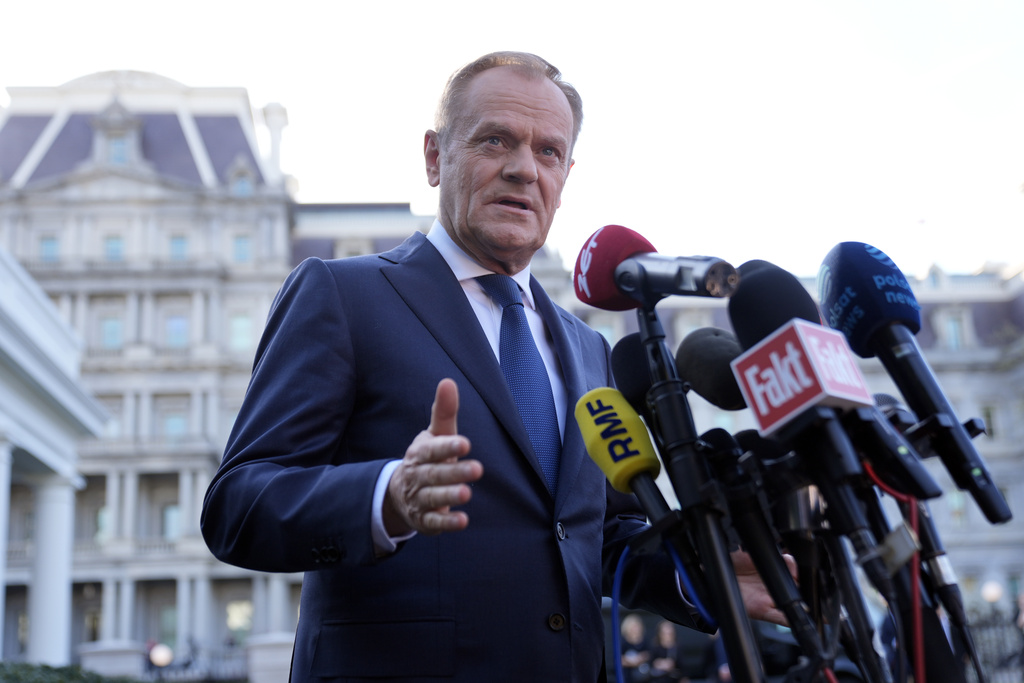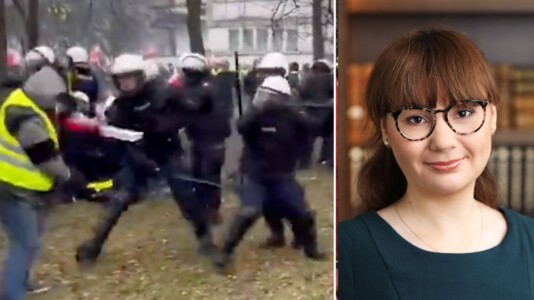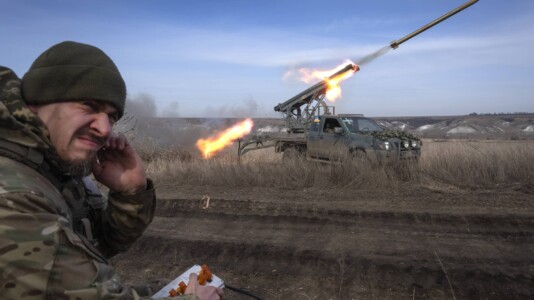Polish Prime Minister Donald Tusk and Polish President Andrzej Duda met U.S. President Joe Biden in the White House on Tuesday on the 25th anniversary of Poland’s accession to NATO. After the meeting, Tusk announced that on Friday he will be in Berlin to attend an emergency meeting of the Weimar Triangle, a regional format of France, Germany, and Poland created in 1991. At the summit, they will discuss the current conflict in Ukraine and what was discussed in the meeting with the U.S. president.
Tusk said that the current situation is “fraught with danger,” but that the confirmation of the U.S. commitment to NATO was important and must guide the actions of the nations in the Weimar Triangle.
According to the Polish prime minister, “the focus on this triangle – Paris, Berlin, and Warsaw – will increasingly grow.”
The newspaper Rzeczpospolita highlights that for the first time since the establishment of the Weimar Triangle, Poland will be represented at the summit of this format by the prime minister, not the president.
“Macron will arrive first in the German capital and meet with Scholz one-on-one, and only then will Tusk join them,” writes the newspaper.
The announcement has led to speculation that the information relayed by Biden in the White House was dramatic enough to warrant an emergency summit and that the news must have been shocking enough to produce a relative degree of unity between Duda and Tusk, who are both bitterly conflicted at the domestic level.
Some speculate that the meeting is required to resolve tensions between Germany and France caused, among other things, by differences over French President Macron’s proposal for NATO member states to send troops to Ukraine on the basis of bilateral agreements and over the delivery of German Taurus long-range missiles to Ukraine.
However, even in Poland itself, there seems to have been a divergence of views on Macron’s proposal, with Tusk saying Poland would not be sending troops to Ukraine and Foreign Minister Radosław Sikorski declaring that it was not inconceivable for NATO troops to be sent to Ukraine.





